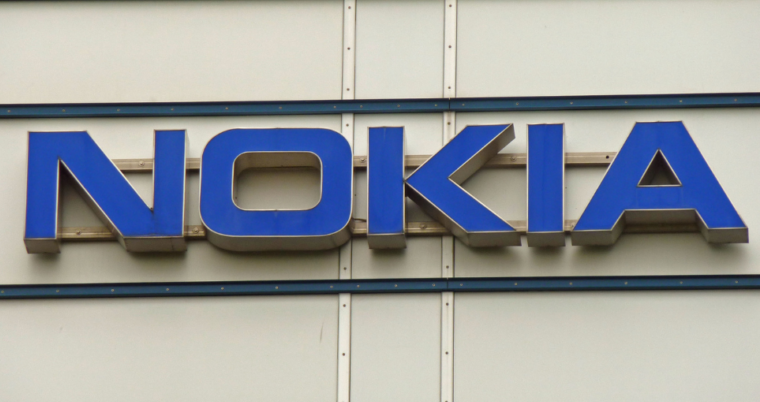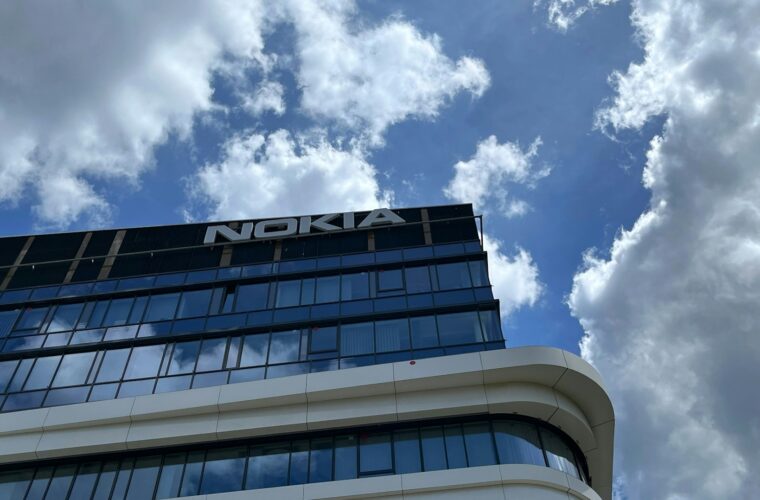
By Supantha Mukherjee
STOCKHOLM (Reuters) – Nokia and Kyndryl have extended their partnership for three years after clocking up more than 100 customers for automating factories using 5G wireless networks, following their first tie-up a year earlier.
Big technology firms have been partnering with telecom gear makers such as Nokia to sell private 5G networks to customers, mostly in the manufacturing business, but only a few companies have been able to get any traction in the business that is expected to grow by billions of dollars every year.
“We grew the business significantly last year with the number of customers and number of networks,” Chris Johnson, head of Nokia’s enterprise business, told Reuters.
The companies said some customers were now coming back to put private networks into more of their factories after the initial one.
In Dow Chemical’s petrochemical processing plant in Texas, the private wireless network increased worker safety, enabled remote audio and video collaboration, personnel tracking, and vehicle telematics, the companies said.
Dow is now planning to expand the same coverage to dozens of its factories, said Paul Savill, Kyndryl’s global practice leader.
“Our pipeline has been growing fundamentally faster than it has been in the last 12 months,” he said. “We now have over 100 customers that we’re working with in the private wireless space … in around 24 different countries.”
After getting spun off from IBM in 2021, Kyndryl has focused on building its wireless network business and has signed several agreements with cloud providers.
The size of the global private 5G network market is expected to reach $41.02 billion by 2030 from 1.38 billion in 2021, according to a study by Grand View Research.
The companies have also developed automated industrial drones that can monitor a site with different kinds of sensors such as identifying chemicals and video recognition as part of surveillance.
While drones have not yet been deployed commercially yet, customers are showing interest in rugged, industrialised non-stop automated drone surveillance, Johnson said.



